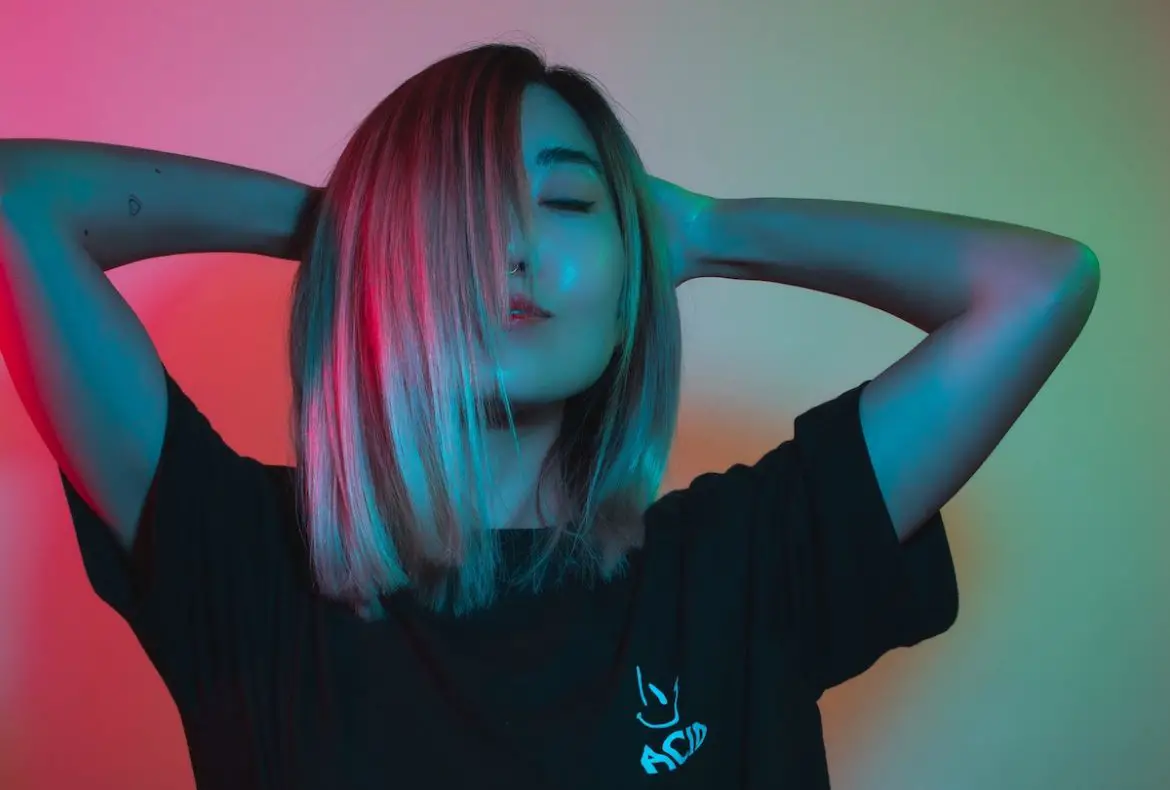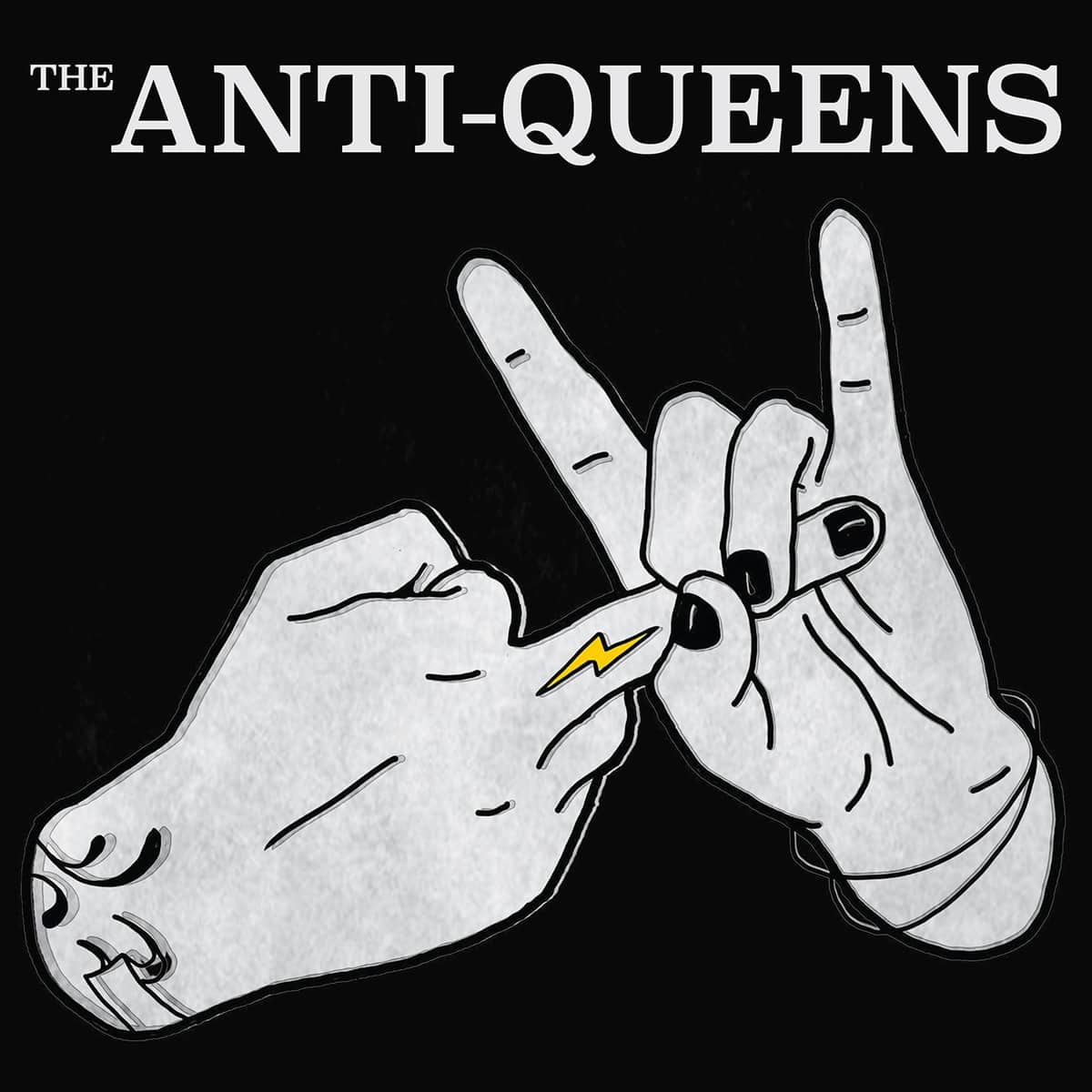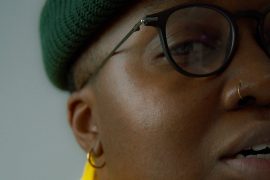Today, LA based Korean-American artist SOHMI shares her essay on personal and cultural empowerment, breaking barriers in the music industry, and giving herself the platform and permission to pursue her passions. Blending minimal house and techno music with R&B and pop-inspired vocals, SOHMI has steadily carved out a niche for her vision and artistry over the past two years. This fall, she announced the launch of her own label, Permission: A literal (and metaphorical) means of self-empowerment that enables her to release music on her own terms. She released her latest single, “Time,” in mid-October.
“I realized how much of my life I had spent just waiting and waiting – for others to give me permission to be myself,” SOHMI shares. “Whether it was A&Rs in my early 20s judging my work or my parents for all of my adult life questioning and disapproving of my aspirations to become an artist, there was always someone else I was waiting for to give me the green light. And I didn’t want to live that way anymore. Looking back on my somewhat circuitous journey to becoming an artist, I see time and time again, too, how the concept of permission has played such a significant role in impacting the choices I’ve made to get where I am today. The situations I’ve found myself in, as a woman in this industry, and industries where I formerly worked like tech, where permission was not always understood or respected by my male counterparts. How those experiences affected me, broke me, and then allowed me to build myself back up again even stronger. So with this label, I’m finally giving myself the permission to become and to be everything I’ve ever wanted to be.”
“I hope to cultivate a safe, beautiful home for fans and other artists that at its core, teaches that nothing is more powerful or sexy than being the kind of person who knows, in life, the difference between when and when not to ask for permission.”
•• ••
Permission to Be
Reclaiming Space by Breaking Barriers
by SOHMI

For the first time in my life, I feel like the world has finally begun to see us – as creatives, as artists. Indeed, the timeliness of my arrival upon the scene as a Korean woman feels auspicious in some ways.
In some ways, it’s the perfect time to be an artist in my shoes. Underground dance music is having an undeniable moment in the U.S, where I live, led by the explosion of house and tech house which have become increasingly popular genres that are dominating festival stages and hard ticket venues across the country. And then there’s the matter of hallyu, also known as the ‘Korean Wave’. Over the last few years, Korean entertainment has seen a meteoric rise in global popularity, led first by its musical exports (who could forget the original viral K-pop star, Psy? Succeeded nearly a decade later by younger ‘idols’ like the record-shattering BLACKPINK and BTS), and more recently, through its contributions to both film and television.
There wasn’t a person last year, in the midst of a global pandemic, who wasn’t talking about the historic upset by Parasite at the 92nd Academy Awards. And today, I feel a strong bout of deja vu as the cultural conversation shifts from Parasite to this year’s blockbuster moment – Netflix’s Squid Game. In fact, Squid Game feels bigger perhaps than anything ever to come out of South Korea. It has transcended even K-pop, which for all its success has always still remained something of a ‘niche’ genre, albeit a very large niche. When you have a musical superstar like Zedd paying homage to the show at a festival like EDC, you know you’ve truly broken barriers and entered the mainstream.
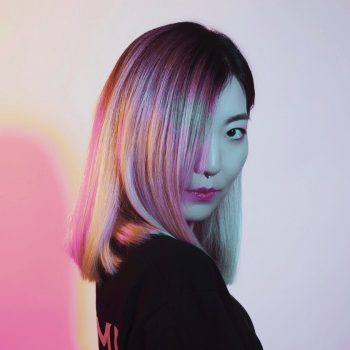
So in this landscape, what’s it like to be someone like me? It seems as good a time as ever, first to be in underground dance music – which not only continues to grow its market share of the overall music industry, but has also started to take diversity more seriously, and second – to be a South Korean creative in today’s world. That word, which long eluded me and my people. For the first time in my life, I feel like the world has finally begun to see us – as creatives, as artists. Indeed, the timeliness of my arrival upon the scene as a Korean woman feels auspicious in some ways.
And yet, it’s important to recognize how much work there is still left to be done. While it’s tempting to let the success of one or two blockbusters speak to the progress of an entire country or demographic of people, the reality is that those moments are still the outliers. Whenever I’m booked for a festival and see not only that I am the only woman on the bill for the day on which I’m performing, but also the only South Korean artist on the entire three-day event, I’m reminded of this very reality and also of what I’ve always set out to accomplish from the very beginning.
I could say that I never dreamed I’d be doing what I am today, and in some ways that would be true. Nobody in South Korea, where I’m from and where I grew up, dreamed of becoming a festival DJ; we just didn’t have any precedents whatsoever to look to or tell us this was possible. In other ways, however, maybe less so. As a lifelong musician and student of music, I don’t think there was ever really any other outcome for me that I was going to be happy with. It just took me a bit longer to admit this to myself than maybe for some other people, because in my culture, ‘doing music’ was just not really a permissible career choice. It certainly was not to my parents, and for most of my life, being obedient to them was more important to me – or rather, more familiar to me – than genuinely considering my own agenda.
But here I am now, and while it was a circuitous road getting here rife with multiple career switches and jumping around industries from service to education to tech, today I can’t imagine a life that isn’t in pursuit of being SOHMI.
From the beginning, which we can call 2018, I wanted to create and step into a pair of shoes that to me, always should have existed. To take a step back first, however, I want to recognize the efforts of some key Korean artists in the space who all along were paving the way forward for me as I mustered the courage (and musical education, in dance music) to eventually join the conversation. There was Jennifer Lee, aka TOKiMONSTA, a fellow classically trained pianist who was perhaps the original Korean American woman to establish herself as an electronic music producer in the United States. Across the pond was Peggy Gou, another South Korean woman pushing a decidedly different electronic sound influenced heavily by London and Berlin rave culture. And then the critically acclaimed, genre-bending house/hip hop artists, Yaeji and Park Hye Jin.
While their achievements and presence in dance music served early on in my development of SOHMI as the kind of precedents I’d never had during my childhood in Seoul, they also allowed me to see with greater clarity the space that I could uniquely occupy. As a US-educated college graduate with a background not only in classical music, but also in mainstream pop (I previously worked in the music industry in New York City assisting pop artists and managing pop producers and songwriters) and of course – a bit of K-pop – I saw an opportunity to normalize the parts of myself, my interests, and my people that were traditionally seen as “other” through specific, choice elements within the framework of deeper, darker club music. The sonic outcome of this is what makes ‘SOHMI’.
This includes vocals informed by pop sensibilities, even K-pop flourishes, without ever breaking the figurative ‘fourth wall’ of club-ready credibility. This includes singing, intentionally, in English over Korean. Singing, sometimes, over techno. And finally, this includes doing collaborations with other dance music artists from all over the world – the UK, US, Germany, and hopefully many more to come – to continue erasing the idea of cultural or geographic barriers within club music simply by attaching to it a Korean face, one that has not often been attached to its musical output.
So far, it seems to be working. It still surprises me every day when a stranger reaches out to tell me they recently discovered my music and that it really resonates with them. Because in some ways, I feel as though nobody has ever really pushed this exact kind of sound before. And so I assume it must take some getting used to, like an acquired taste. Sometimes, I think that may still be the case.
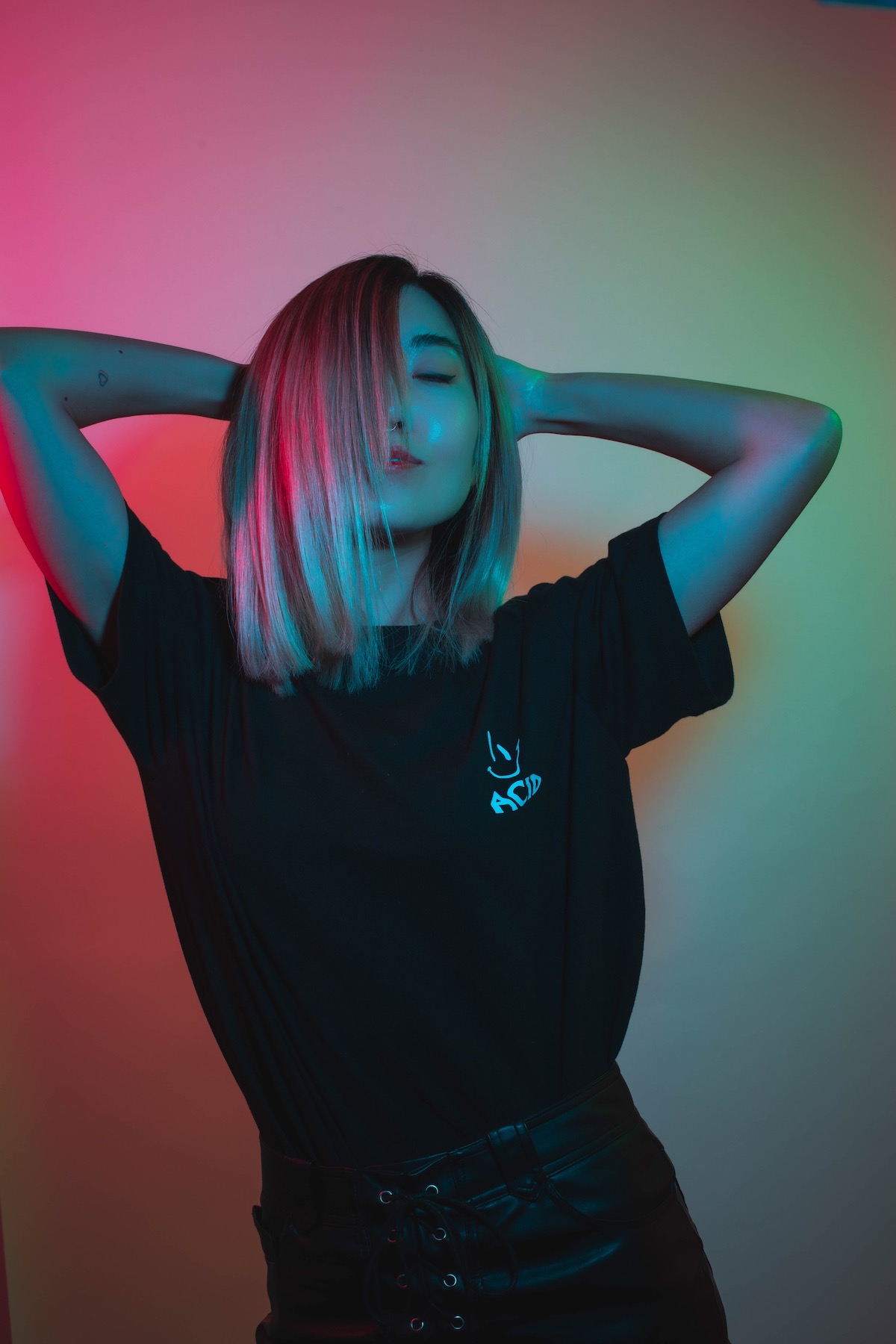
My music, for example, hasn’t always fit into or ascribed to the sounds of some of the more popular dance record labels. And while my burgeoning artist’s soul used to take the rejection a bit more to heart, this year, I decided to take matters into my own hands and launch my own label. Its name, perhaps quite aptly, is Permission.
It’s the kind of name I think that speaks for itself, and yet is deeply personal to me and my journey in getting where I am today. There was a moment earlier this year, while going back and forth with one particular label on a demo they said they loved but ultimately wouldn’t end up signing, when I realized how much time I had let pass doing this dance of “will they, won’t they” (sign the record). And suddenly, I thought about all the many times in my life where I had, in similar fashion, waited around for others to give me permission to do what I believed in – or even, to be myself.
At first, naturally, I was angry. Why had I lived my life this way for so long? Why had I allowed others to claim this kind of power over my artistry, my vision, over me? The answer to that of course, is not so straightforward and perhaps something that many other women and minorities can relate to. I was encouraged, as a ‘polite Korean girl’, to keep my head down and generally not make a fuss or create waves. Existing models of success in entertainment, specifically, also pointed to a kind of ‘cinderella’ narrative, whereby hopeful girls and boys were scouted by the powers that be and only once chosen, thrust into the spotlight where success and fame awaited them. In sum, there was a tacit understanding all my life that I didn’t get to decide how successful I could become as an artist; that was someone else’s job.
But then, I became excited by the prospect of flipping this script. If I could give just one piece of advice not only to other women but to all artists and dreamers out there who are afraid to start or feel like the odds are stacked against them – well, they might be. But never let that stop you. And most important of all? Just start. You can either watch your whole life go by, waiting for someone else to give you the green light to start your project, find your sound, get in the studio, start learning behind a pair of decks – or you can give yourself that permission today and just get going. I waited nearly three decades for others, for my parents, to grant me permission to be an artist when all along, I already was one. I just had to believe it myself.
— —
:: stream SOHMI’s “Time” here ::
Stream: “Time” – SOHMI
— — — —

Connect to SOHMI on
Facebook, Twitter, Instagram
Discover new music on Atwood Magazine
? © 2021
:: Stream SOHMI ::

